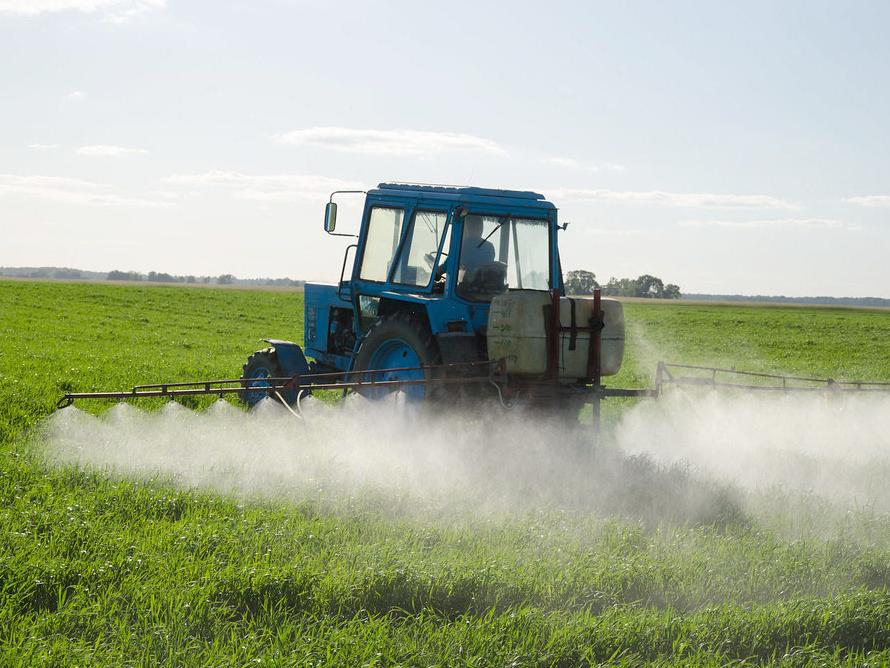“Do whatever it takes!”: Superweeds and the power of a threatening discourse
Dans le cadre du séminaire « Bouillon d'idées »

Lundi 28 octobre 2019 - 12h00 à 13h00
Géopolis 3799
Species of Amaranth have been considered as weed for centuries and farmers over the world have learned to coexist with them. But recently, some weed species (including Amaranth) have become “resistant” or “tolerant” to herbicides and have followingly been labelled as “superweed” by the media. Since the 2000’s herbicide-resistant weeds have become frequent in GMO soy and cotton fields of the United States. Trying to overcome these weeds, USA farmers have used radical practices: burning, tilling and using multiple herbicides even sometimes in off-label ways, with huge consequences for human and non-human communities (Flitter, 2017).
Drawing on political agronomy (Sumberg et al., 2014), we consider the role of outreach and media discourse in legitimating such radical practices. Drawing on discourse analysis, we propose to highlight the different discursive constructions (storyline, metaphors, promises) that empower this discourse.
Most weed scientists dismiss the term superweed and have positioned themselves against the use of dangerous herbicide such as dicamba as a solution to “superweed” problem. Our paper however shows how, together with professional and non-professional media, extension weed scientists have indirectly encouraged such radical practices by actively diffusing the framing of superweed as an existential threat that should be eradicated at any cost. We discuss how this superweed discourse in fine legitimates the “sacrifice” of non-human species, reinforces a “techno-optimism” master frame in agricultural research and practices and contributes to a further deskilling of farmers.
Le «Bouillon d'idées» est un séminaire proposé par le groupe de recherche «Développement, Sociétés, Environnements», dans lequel les chercheuses et les chercheurs sont invité·e·s à présenter une recherche en cours.
L'entrée est libre. N'hésitez pas à amener votre repas.
Institut de géographie et durabilité